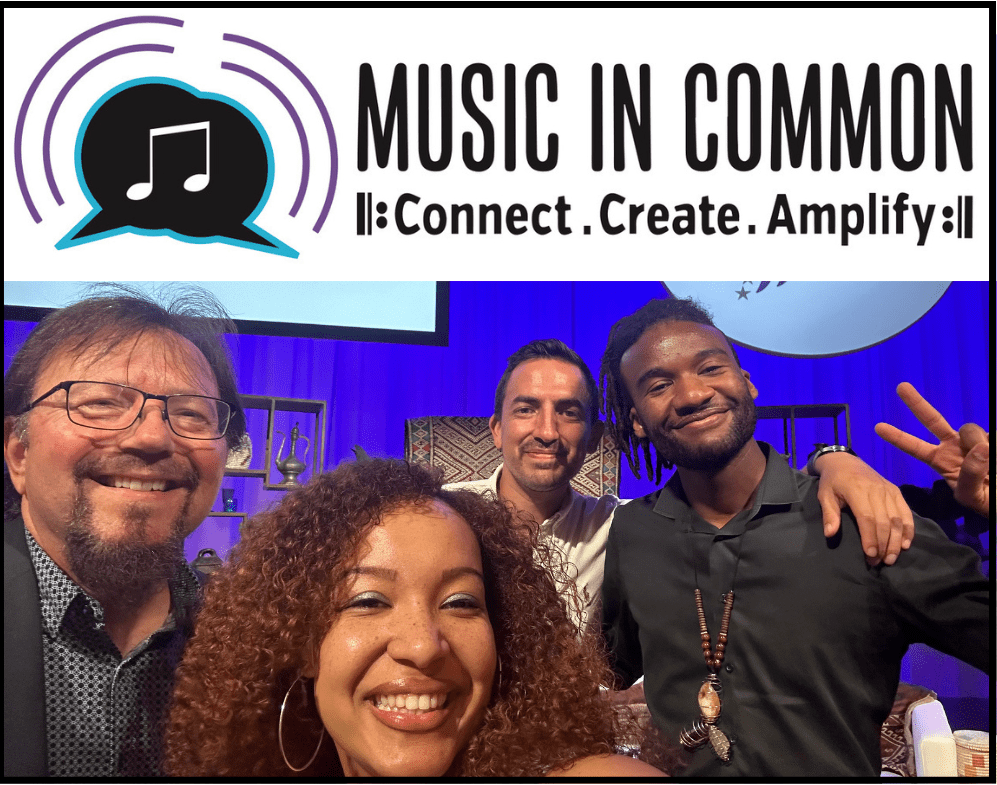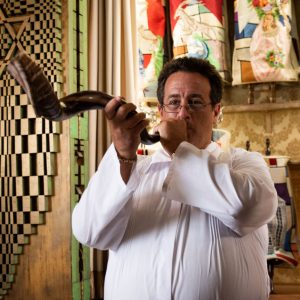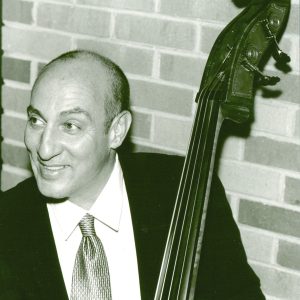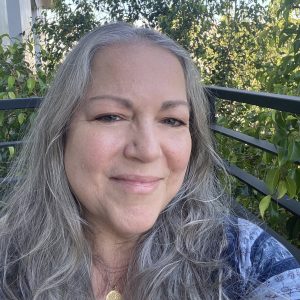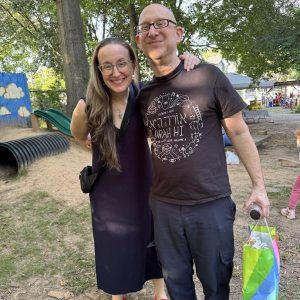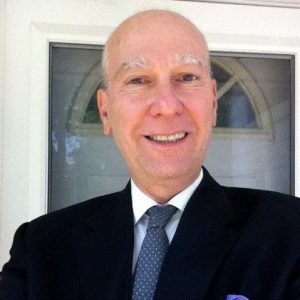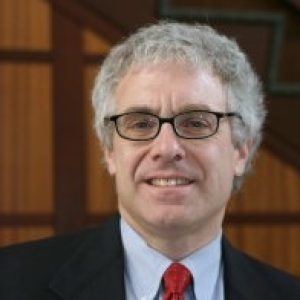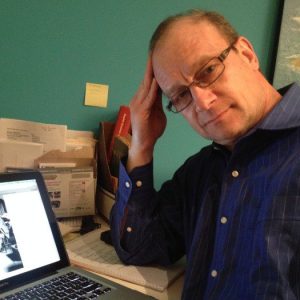Succot 5781
Making Music with What Remains
I was saddened, but not surprised, by the news of Justice Ruth Bader Ginsburg's death. It was obvious that she was fighting a desperate battle to stay alive until the inauguration of a new President. Alas, like all mortals, she has breathed her last. She is celebrated in death, as she was in life, for her ongoing struggle for gender equality and a fair and inclusive social order. She earned the honor of being the first Jew and first woman to lie in state at the Capitol. She clearly deserved this expression of national gratitude.
RBG, as she was affectionately called, bemoaned the divisiveness and ugliness that has infected our society. Liberals and conservatives with differing ideologies have erected a wall of separation. For RBG, however, respecting your opponent's humanity outweighed the issues in contention.
Antonin Scalia was a legal giant. Even as RBG was an icon for the left, he was an icon for the right. Each of these legal giants was committed to his/her legal philosophy. They were as often as not on the opposite side of the issues, but they were close personal friends. They were guests in each other's homes; they celebrated family holidays together; they respected each other's humanity.
RBG was a mentsch. This manifested itself not only in her long legal career as an advocate, a judge and then as Justice, but in her relationship with the many young lawyers fortunate to be her clerks. She demanded excellence but had deep affection for them as human beings. She celebrated their birthdays and apparently was a shadchanit, who helped young people find one another, to build lives together and, on occasion, was the marriage officiant.
The famed violinist Itzhak Perlman entered the concert stage supporting himself with his two crutches. He sat in his chair, picked up his violin, assured himself that all was in order and indicated to the conductor he was ready. No sooner had he begun when one of the violin strings snapped. Perlman, however, barely flinched. He continued to play with but three strings, changing, adjusting, improvising and innovating to the symphony's amazingly successful conclusion. Responding to the enthusiastic standing ovation, he simply said, "It is our task to make music with what remains."
The story, whether true or legend, is an apt metaphor for life. Perlman, a victim of polio, continued despite his physical limitations to make music all his life. Each of us during our lifetime is inevitably confronted with difficulties and frustrations. The quality of our life is determined by our ability to make music with what remains.
On a plaque on RBG's wall and woven into one of her famous collars is RBG's favorite biblical text, "Justice, justice shall you pursue" (Deuteronomy 16:20). In a real sense, this was her marching order in a lifelong journey to make America more inclusive and more just.
The fragile succah is a powerful reminder of human fragility and that of a just society. May we invite RBG's spirit into our succah and be strengthened in our resolve to help build that just, inclusive, and respectful America, to which she dedicated her life.
Her death is a great loss; the quality of our social and legal discourse is, and will continue to be, affected. Yet generations come and generations go and assuredly those who were inspired, instructed, and defended by RBG will continue to play her music with what remains.
—
From the holy city of Jerusalem my best wishes for a Shabbat Shalom u'Mevorach, a Shabbat of peace and blessing and a Chag Succot Sameach, a festive and joyous celebration of Succot
Rabbi Arnold M. Goodman
Senior Rabbinic Scholar













